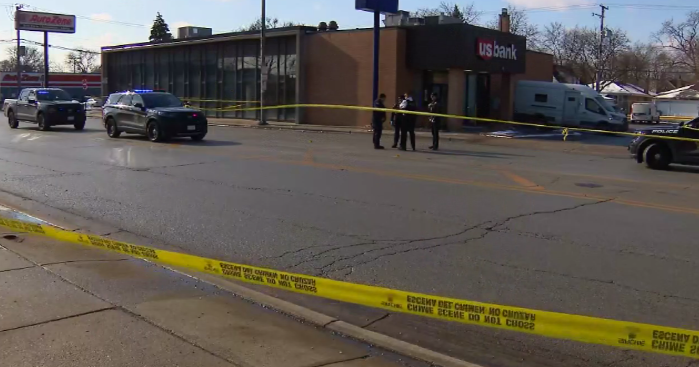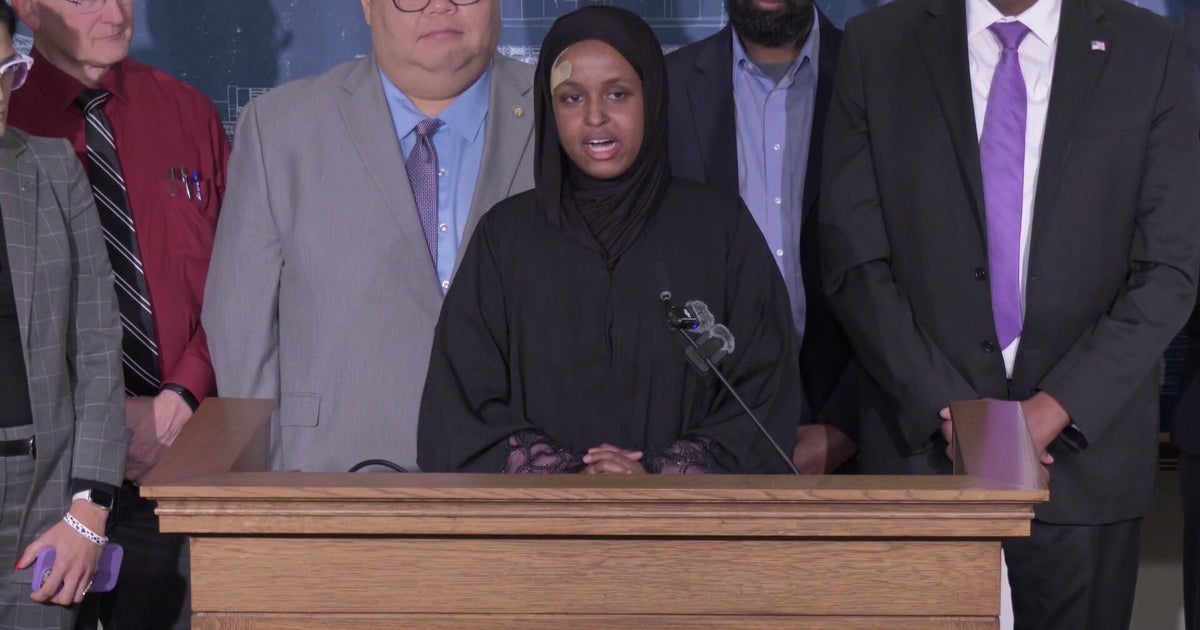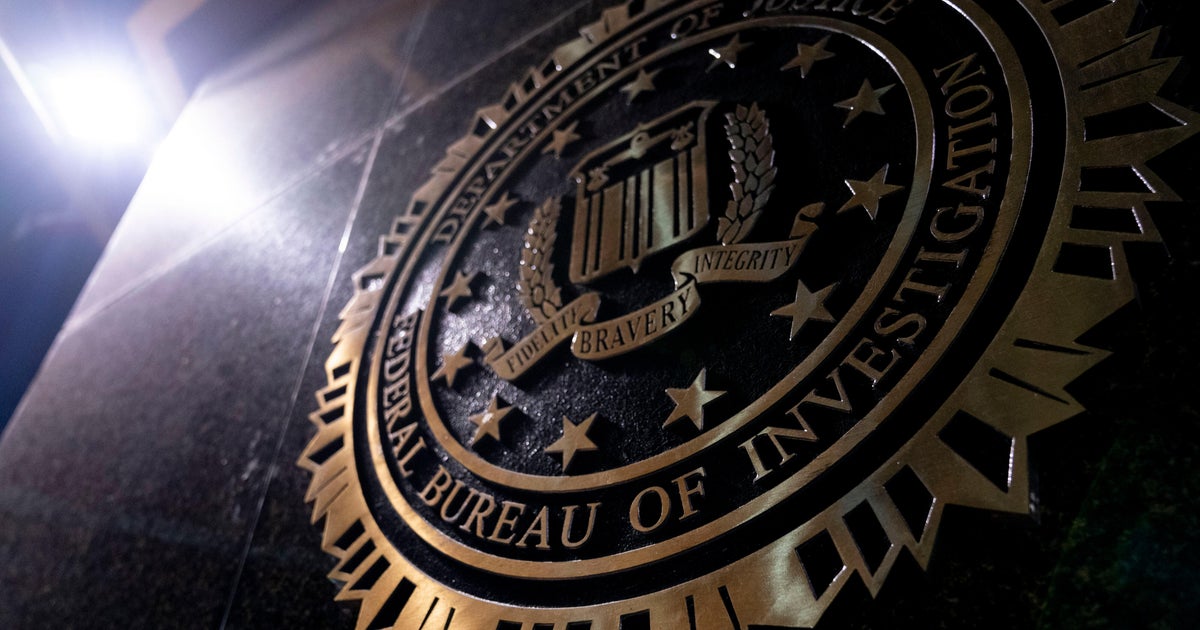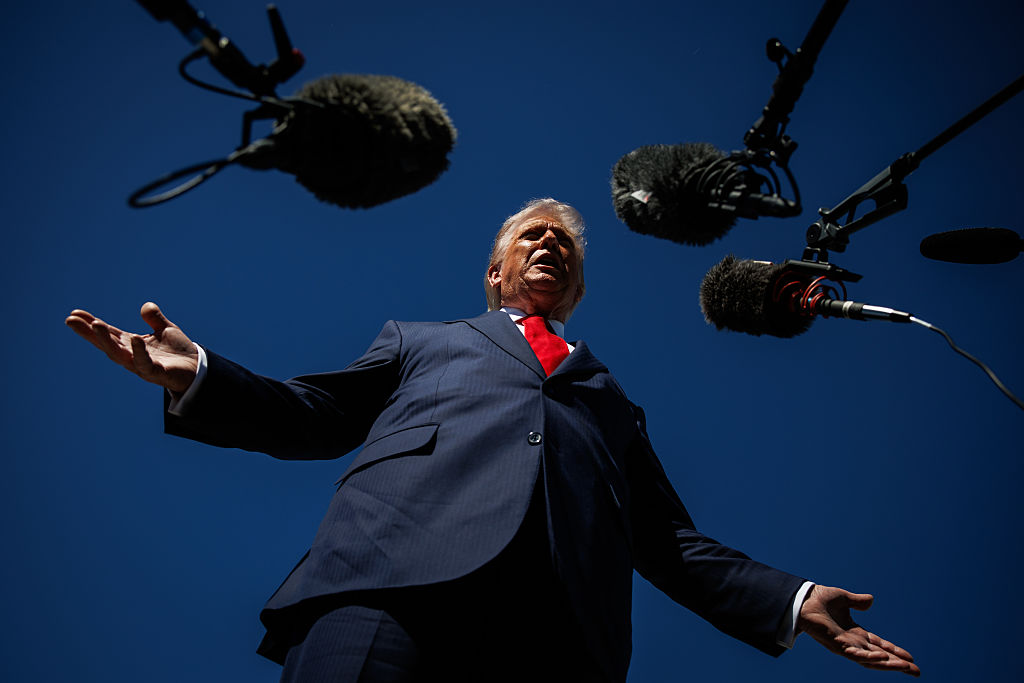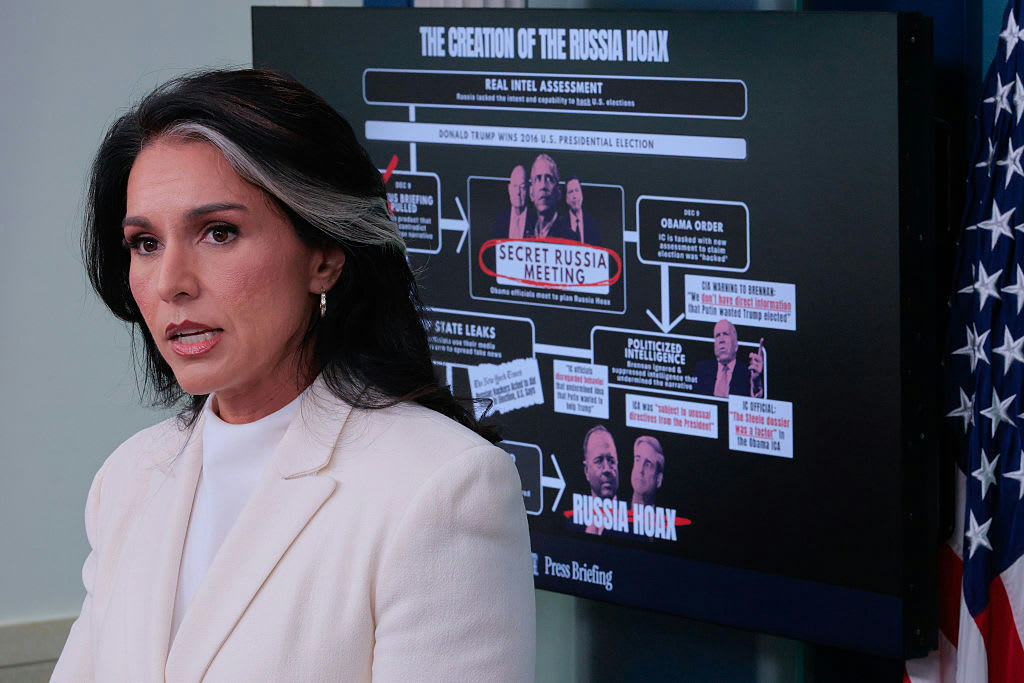Congress, law enforcement officials concerned Russia is trying to discredit FBI probe
CBS News has learned that members of Congress and U.S. law enforcement officials are increasingly concerned that Russia is already trying or will try to discredit the FBI counterintelligence investigation. The probe into whether Trump campaign representatives coordinated with the Russians during the 2016 campaign has been underway for about ten months. Former U.S. intelligence officials and current congressional sources say Russians will try to exploit vulnerabilities and spread misinformation as the investigation unfolds and as the FBI gets closer to a conclusion.
Multiple sources say Russian operatives are skilled at planting false information and watching it spread. Just this week, FBI Director James Comey testified on Capitol Hill that he believed the Russians were still meddling in U.S. politics and that he expected more Russian interference in upcoming 2018 elections and beyond.
The Senate Intelligence Committee continues its investigation into Russian meddling in the election and recently sent a letter to Trump campaign adviser Carter Page, requesting that he provide them with information including the following:
- A list of all his meetings with Russian officials or businessmen from June 6 up until Inauguration Day; and the meetings he knows of between any Trump campaign affiliates who may have met with Russians;
- Emails, text messages, written correspondence and phone records during that time frame involving Russian officials or businessmen and Page or other Trump campaign affiliates;
- All information regarding his financial and real estate holdings related to Russia in the same time period.
In response, Page sent a letter to the top members on the Senate Intelligence Committee, Sens. Richard Burr and Mark Warner deriding their "comically fake inquiry," which he also referred to in the letter as "pathetic Russia storyline fabrications" and a "fanciful witch hunt."
While he said he was committed to helping the committee in the investigation, Page told the senators that any "records I may have saved as a private citizen with limited technology capabilities" would be "miniscule," compared the information "collected under the direction of the Obama administration during last year's completely unjustified FISA warrant." He advised the committee that their requests "will have been largely completed" by the NSA's surveillance efforts.
Page pointed out that he had chosen the National Day of Prayer to respond to their requests because prayer in his church "has remained a core source of support throughout this ongoing comically fake inquiry and the complete lies that precipitated it."
In the letter, he also mocked Warner's reading of Russian fiction -- Nabokov and Tolstoy -- which was noted in a New York Times story last month. "A few months ago, Senator Warner was reportedly searching for new sources of insights about Russia," Page wrote.
Burr and Warner declined to take up Page's flippant suggestion to gather his information from NSA surveillance data, insisting again in a joint statement that Page himself "must supply the requested documents to the committee."
It's not known whether the Senate Intelligence Committee has also sent similar letters to other Trump campaign associates, like former National Security Adviser Michael Flynn, former adviser Roger Stone, and former Trump Campaign Chairman Paul Manafort. A representative for Paul Manafort would neither confirm nor deny whether he had also received a letter.
CBS News' Andres Triay contributed to this report.
